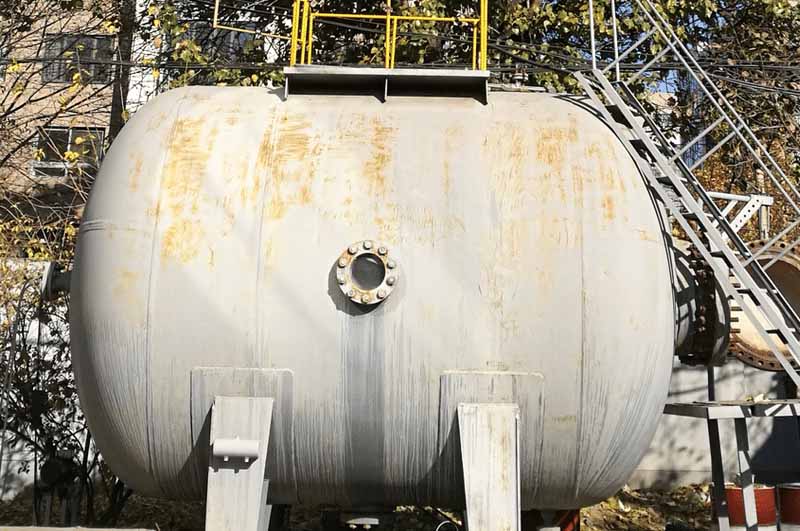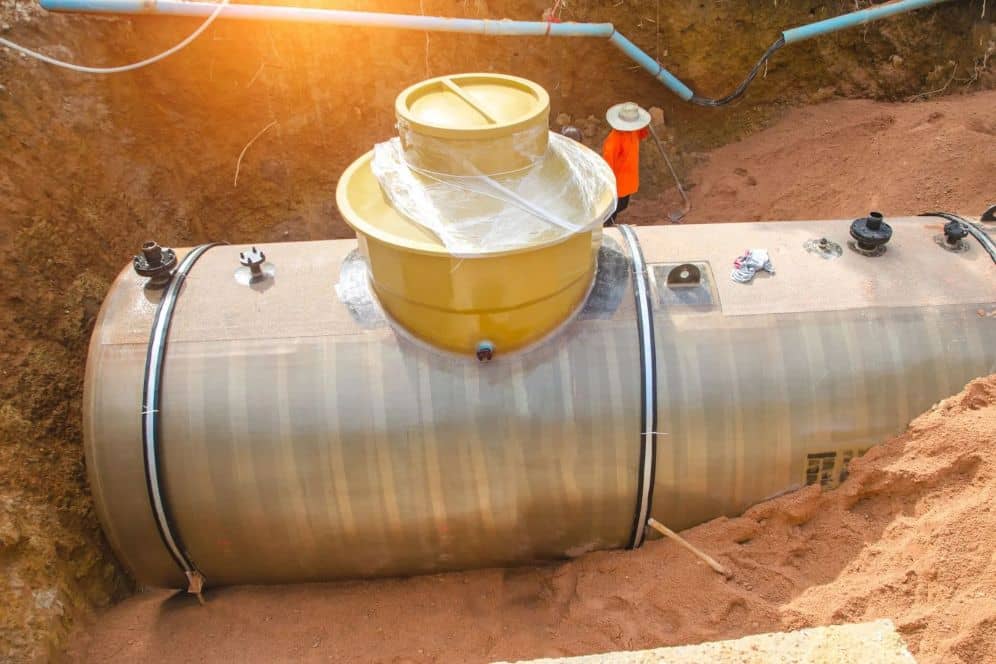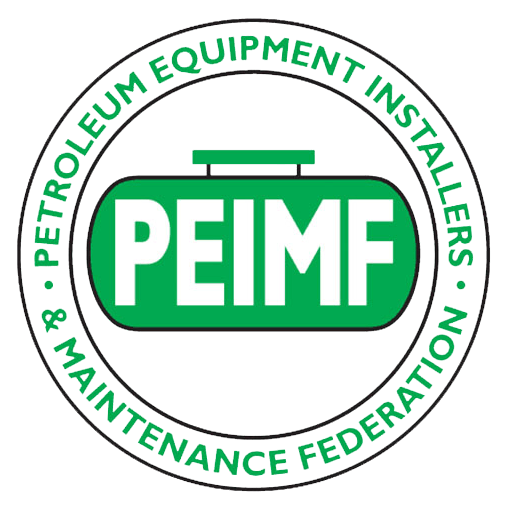Heating oil is a vital resource for many households, particularly in regions where winter temperatures plummet and alternative heating sources are scarce. Understanding how long heating oil lasts can help homeowners plan their fuel purchases, avoid unexpected shortages, and maintain a warm, comfortable environment during the colder months. This blog post will explore factors that influence the lifespan of heating oil, signs that indicate you need a refill, and best practices to maximise its efficiency. Whether you’re a new homeowner or a long-time user, gaining insights into the longevity of heating oil can save you time, money, and stress this winter.
Average Lifespan of Heating Oil
Heating oil in a residential tank generally lasts between 18 and 24 months. To ensure your home remains heated efficiently, regular maintenance of your oil tank is essential to keep the oil clean and maintain a continuous supply. However, the duration of oil usability depends on various factors, including the tank’s condition, temperature changes, and water contamination, which can all impact how long the oil remains usable.
Factors Affecting the Longevity of Heating Oil
Oil Quality and Degradation
Natural Degradation: Over time, heating oil naturally deteriorates due to various factors, including oxidation, which causes the oil molecules to break down, and bacterial growth that can occur in stored fuel, especially when water contamination is present.
Contaminants: Impurities like rust particles, sludge buildup, water, dirt, and other foreign substances in the tank can accelerate the degradation process. These contaminants can clog filters, reduce combustion efficiency, and cause engine or boiler issues.
Moisture: Excessive moisture in the tank, often from condensation or water ingress, can lead to fuel breakdown. Water can also promote microbial growth and corrosion, further degrading the oil and reducing its combustibility.
Temperature: Elevated or fluctuating temperatures increase the rate of oil ageing. Higher temperatures can accelerate chemical reactions within the oil, resulting in faster degradation and fouling of components.
Exposure to Oxygen: When oil is exposed to oxygen over time, it undergoes oxidation, resulting in the formation of varnish and sludge. This process deteriorates the fuel quality and can cause deposits that block fuel lines and filters.
Tank-Related Factors
Tank Material: Steel tanks are more prone to rust and corrosion over time, especially without proper maintenance or in harsh environments. In contrast, fibreglass tanks resist corrosion better and usually have a longer lifespan.
Tank Condition: Cracks, rust, leaks, and general damage can contaminate the stored oil, leading to leaks. Such issues can significantly reduce the effective lifespan of the oil and compromise the system’s safety and efficiency.
Tank Size: Larger tanks can store more fuel, which helps reduce the frequency of refilling and may help maintain a steady supply of oil, indirectly affecting how long the oil lasts before needing replacement or treatment.
Tank Location: The placement of the tank can significantly influence its lifespan and the quality of the stored oil. Tanks exposed to direct sunlight or extreme weather conditions are more susceptible to temperature fluctuations, which can accelerate degradation and damage.
Tank Age: Older tanks are more susceptible to corrosion, leaks, and structural weaknesses, which can lead to contamination and a reduction in oil quality.
Usage and Maintenance
Usage Patterns: Regular, heavy, or continuous use of heating oil will cause the stored oil to be depleted more quickly. Short periods of idle or infrequent use may extend the oil’s usable life.
Boiler Efficiency: Well-maintained, high-efficiency boilers burn fuel more efficiently, potentially extending the oil’s usability and improving overall energy savings.
Regular Maintenance: Consistent servicing, cleaning of boilers, and fuel system inspections help prevent the buildup of debris and microbial contamination, thereby extending both the oil and system’s lifespan.
Environmental Factors
Weather Conditions: Harsh winter weather, including cold temperatures and severe storms, can accelerate oil consumption and reduce its effective shelf life.
Humidity: High humidity levels lead to increased moisture in the stored fuel, which accelerates oil degradation and may cause microbial growth, contamination, and corrosion within the tank.
Lifespan of Heating Oil in Different Quantities
½ Tank of Heating Oil
A 1,000-litre oil tank is half full, containing approximately 500 litres. If you burn 7.7 litres each hour, this amount of oil will last roughly 67 hours.
¼ Tank of Heating Oil
A typical 1,000-litre tank holds about 250 litres, which is roughly a quarter of its capacity. If you use 7.7 litres of heating oil per hour, it would last about 32 hours and 40 minutes.
1/8 Tank of Heating Oil
For an average home oil tank holding about 1,100 litres, one-eighth of a tank is about 137.5 litres. With a burn rate of 7.7 litres per hour, it would last around 18 hours. Keep in mind that factors such as house size, occupancy, desired warmth, and tank size can affect actual oil usage.
10 Gallons
A full 10-gallon tank, burning at 1.7 gallons per hour, lasts approximately 5 hours and 54 minutes. This can help you plan your heating requirements more effectively.
Tips to Prolong the Lifespan of Heating Oil
System Maintenance
Regular Servicing: Arrange annual boiler checks with an OFTEC-certified technician. This helps you achieve optimal performance, identify potential issues early, and extend the life of your heating oil.
Cleanliness: Keep your boiler and radiators free of dust and debris, as buildup can reduce efficiency.
Oil Tank Maintenance: Have your oil tank professionally cleaned every 3-5 years to remove sludge, water, and contaminants that can damage the oil and system.
Insulation and Draught-Proofing
Insulate Your Home: Properly insulate walls, lofts, and pipes to retain heat and reduce heating oil consumption.
Draught-Proofing: Seal gaps around windows and doors with weather stripping or other draught excluders to prevent heat loss.
Usage Habits
Lower the Thermostat: Adjust the temperature setting by a degree or two; slight adjustments can significantly reduce oil consumption.
Use Timers: Install timers on radiators with individual thermostats to heat only the rooms that are occupied.
Layer Up: Wear warm clothing and use blankets to stay comfortable at lower temperatures.
Use Your Kitchen: Cooking generates heat, which is especially helpful during colder months.
Fuel Quality and Tank Management
Consider Premium Heating Oil: Premium oils contain additives that improve combustion and extend system life.
Keep The Tank Full: Maintaining a full tank during off-peak times helps prevent condensation and sludge buildup.
Treat Fuel: If oil quality declines, use a fuel treatment to stabilise and improve its properties, and enhance combustion efficiency.















